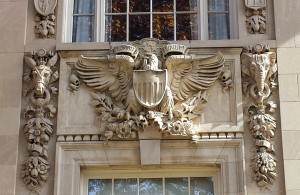Honors Thesis
Students who have demonstrated excellence and superior academic performance may be eligible to undertake honors thesis research in Government and Law.
Details for pursuing thesis research are contained in the guidelines below. Students should review the guidelines no later than the beginning of their junior year.
 Honors Thesis Guidelines Effective for the Classes of 2025 and 2026
Honors Thesis Guidelines Effective for the Classes of 2025 and 2026
Honors Thesis Guidelines Effective Starting with the Class of 2027
(Note: Students in the Class of 2026 can follow either set of guidelines)





